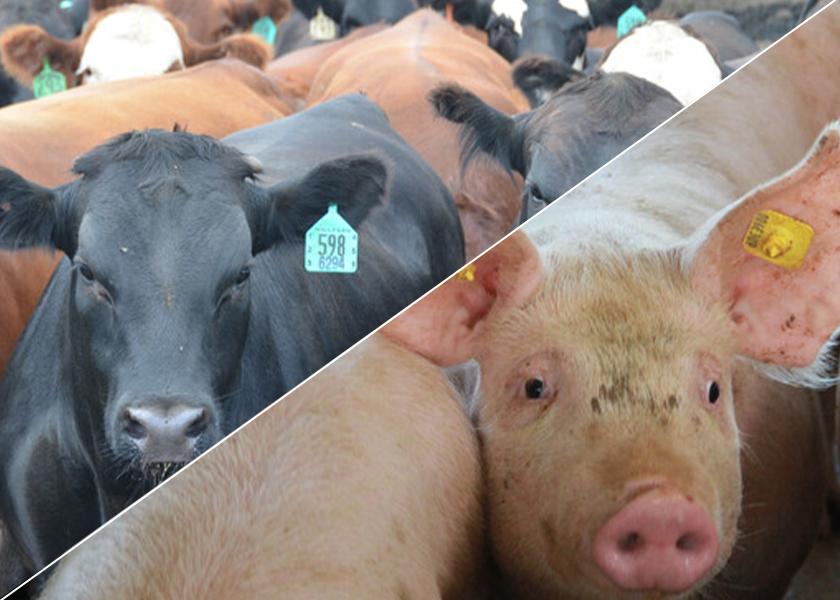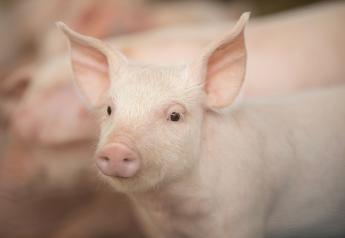Do Farm Animals Replicate the COVID-19 Virus?

Reports of lions, tigers and cats testing positive for coronavirus have kept U.S. agriculture pressing to learn more about the spread of this virus. USDA Agricultural Research Service (ARS) scientists have been studying COVID-19 transmission in farm animals since the pandemic struck to help keep America’s agricultural system safe, USDA reports.
In February 2020, ARS implemented emergency research in response to the COVID-19 outbreak in the U.S.
“The aim of the research was to confirm that farm animals were not susceptible to the SARS-CoV-2 virus and remove potential concerns of farm animals becoming infected and transmitting the virus to people through direct contact or through agricultural products,” says Cyril Gay, ARS senior national program leader for animal production and protection.
ARS personnel are dedicated to the research of especially dangerous pathogens, including emerging zoonotic agents such as SARS-CoV-2, which is the acronym for the name of the virus that causes COVID-19.
“ARS research clearly provided science-based evidence that eggs and live poultry, cattle, swine, and arthropods (mosquitoes, ticks, flies, fleas, spiders, etc.), were not able to replicate the virus and become a source of infection for people,” Gay says.
Of all the farmed animals studied, only deer were susceptible to SARS-CoV-2, USDA points out.
“Interestingly, deer did not get sick, but they quickly spread the virus to other deer,” Gay adds.
More from Farm Journal's PORK:
Medical Doctors and Swine Veterinarians Team Up to Fight COVID-19
K-State Infectious Disease Expert Offers Path For COVID-19 Research
8 Things You Should Know About the COVID-19 Vaccine







